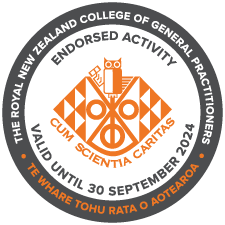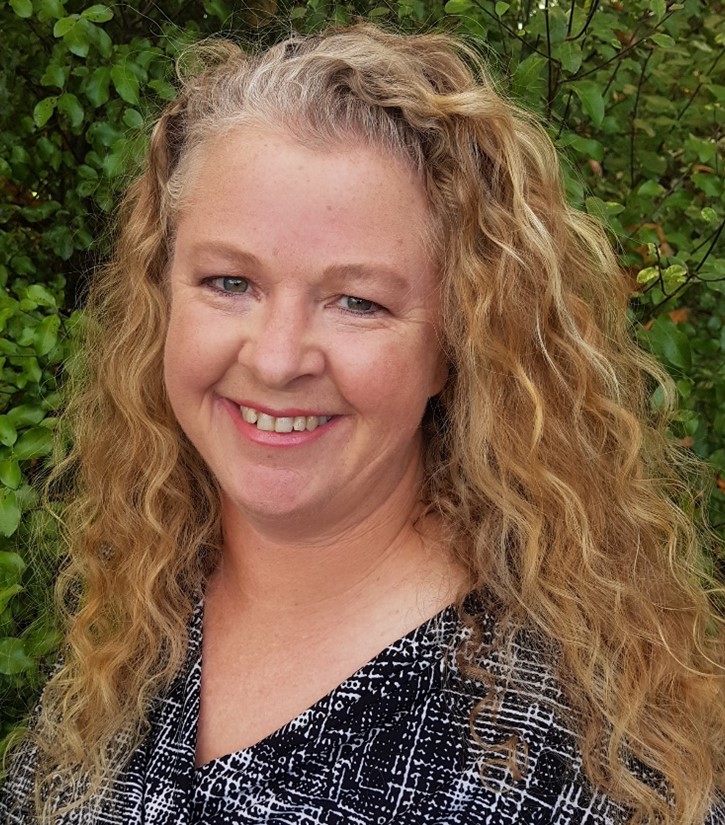- Clinically relevant – you leave the course with the ability to objectively measure POP, assess the vaginal mucosa using speculum examinations, and pessary fitting skills (ring, cube and Gellhorn).
- We give you templates and tracking system to enable immediate application of pessary management into your clinic to ensure you are meeting the needs of your patients and your business.
- Multiple practical sessions (6+hrs) using peer-to-peer learning to embed the skills learnt on the course.
- Taught by experienced clinician and trainer Dr Melissa Davidson, a registered specialist physiotherapist in pelvic health.

As part of the course, pelvic organ prolapse prevalence, risk factors, and incidence will be reviewed, alongside other conservative management strategies such as lifestyle changes/modifications, pelvic floor training, and bowel and bladder health. Surgical options for pelvic organ prolapse will be discussed. Precautions and contraindications will be discussed as well as clinical indications that suggest pessaries will be a suitable option for the patient.
Speculum use will be taught, with the focus on assessing vaginal mucosa integrity.
Objective measurements of prolapse will be taught using POP-Q staging, SPOP-Q staging, and Baden-Walker grading. Outcome measures for assessing symptoms and quality of life will also be discussed to ensure your patients' symptoms are improving with pessary use.
You will learn practical skills on how to select the pessary based on your assessment of the patients' vaginal dimensions and levator ani muscles. Fitting of the three most common pessaries used (ring, cube, and Gellhorn) will be taught and completed as part of your course practicals. We use multiple fitting kits on the course to ensure you can trial different sizes and shapes on the course in a safe environment. Your lying and standing assessments will be checked and we will review your POP assessment skills. You will be taking home three sample pessaries of different types to use for patient education.
Business and recall systems, and how to manage these within your patient management system will be discussed. Common suppliers of equipment and consumables, infection control measures, and fitting kit cleaning protocols will be provided. Patient reports, patient medical screening request form, and patient education handouts (consent, self-management, and information on pessaries) will be reviewed and samples for you to use in your clinic will be provided. Learning when and how to refer on for medical reviews when signs of complications or abnormalities will be discussed. You will also be given access to "The Beast", an Excel spreadsheet created by Simon – used for tracking all inventory related to pessary management, including supplies, fitting kit tracking, pessary tracking, and recall tracking.
As part of the post-course requirements, we will be asking you to complete a logbook of the speculum exams completed, and pessary fittings completed, a case study, a reflective statement, and a peer review. These activities will need to be completed over several months after the two-day teaching weekend. We will also be asking to see a summary of your recall system, and health and safety procedures around pessary management in your clinic. These requirements are to ensure you reach acceptable skill and safety levels in all areas of pessary management.
Once you have completed your competency documentation successfully your certificate of completion of the course will be issued.
"Highly informative and practical course - within a relaxed environment which enhances the overall learning experience. As a GP with an interest in women's health I found the skills learned essential." - Christina, GP
"I really found that as a nurse doing this course it was so helpful learning something from a different viewpoint as nurses can be focused on task orientated learning. The way Melissa presents this is so holistic and real. I really gained a lot from this course. I would recommend it for any nurse or Doctor wanting to gain more prolapse / pessary knowledge." – Debbie, Nurse Specialist
"Comprehensive yet concise and very practical learning. I'm excited to take my knowledge and skills to work on Monday. Highly recommended" – Matildia, GP
"I really found that as a nurse doing this course it was so helpful learning something from a different viewpoint as nurses can be focused on task orientated learning. The way Melissa presents this is so holistic and real. I really gained a lot from this course. I would recommend it for any nurse or Doctor wanting to gain more prolapse / pessary knowledge." – Kim, Clinical Nurse Specialist
There are limited places allocated on the course for participants who have valid reasons for not being a patient model on the course but want to practice on other course participants. Valid reasons not to be a patient model include: First trimester pregnancy, high risk pregnancy, active vaginal infection, and no anatomical vagina. We are also aware that peer-to-peer learning in some health professions is not the 'norm' so we will try to accommodate this.
If you are unable to or unwilling to be a patient model on the course for your peers, or you wish just to use the silicone model for practicals, please contact Melissa at [email protected] prior to registration for the course. This will enable Melissa to balance out the needs of all participants in advance of the course starting.
Your request will be treated confidentially and if granted, at the course no details will be given to other participants as to why you are not being a model.


- Michelle, Physiotherapist, WA
- Liz, Physiotherapist, WA
- Tessa, Physiotherapist
- Rebecca, Physiotherapist
- Sara, Physiotherapist
- Lara, Physiotherapist, WA
- Jessica, Physiotherapist, WA
- Christina, GP
- Eileen, Physiotherapist, Australia
- Glenn, Osteopath
- Kat, Physiotherapist
- Natalie, Physiotherapist
There will be practical assessments during the course testing clinical assessment skills learned on the weekend to ensure at the end of the course you are competent. These are completed throughout the weekend and done in a relaxed, comfortable fashion. You will need to pass these assessments to complete the course.
A post-course test and evaluation will need to be completed immediately after the two-day course. There will also be competency documentation that needs to be completed over six months prior to you receiving your completion certificate.
Competency documentation reviews after the course are also included along with ongoing support in a private forum for the first 6 months after the course is completed. We want to ensure this course provides a 'wrap around' support for you in your learning to ensure you are competent in pessary management.
2 Days In-Person | 21/22 June 2025
Sunday 22 June 2025 8:00am to 4:30pm